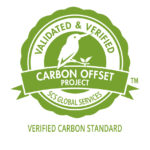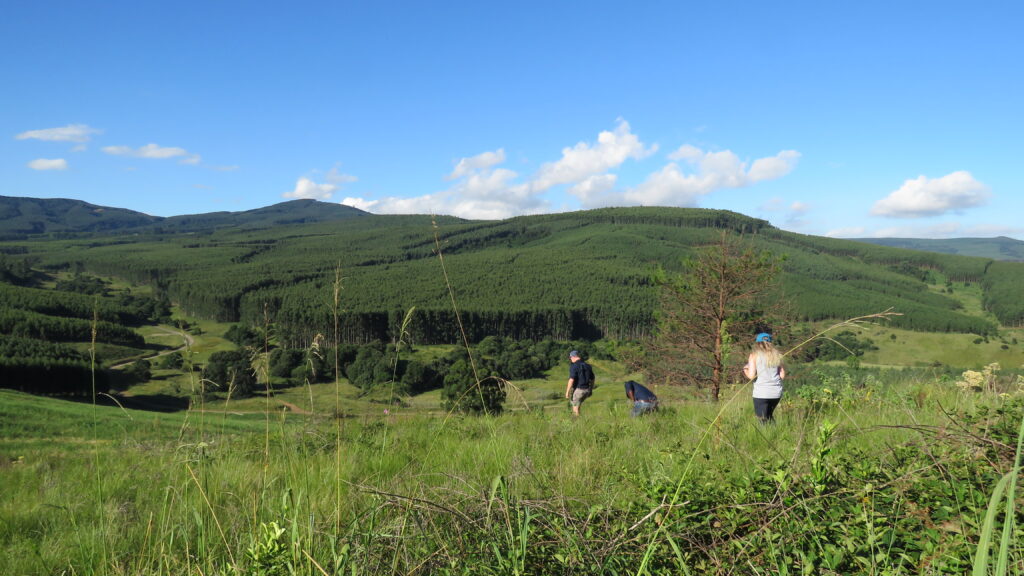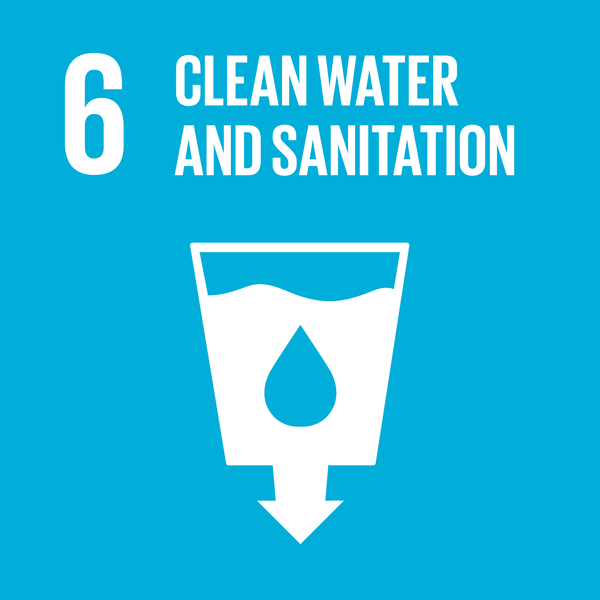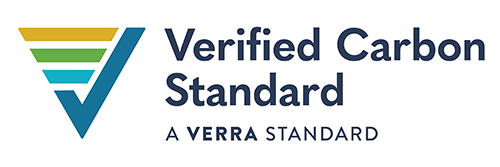
AgriCarbon 1: PD 2554 – Validation of carbon offset project plans, and verification of the actual carbon tonnage avoided or sequestered by these projects, confirms the accuracy of greenhouse gas (GHG) avoidance or sequestration claims. Carbon credits derived from offset projects can be traded on international carbon markets.
Background
Regenerative agriculture is a holistic farming approach that aims to improve soil health, enhance biodiversity, and promote ecological resilience while also producing food. The basic principle of regenerative agriculture is to work with natural systems rather than against them.
A variety of farming techniques work together to build healthy soils, reduce erosion, and promote plant and animal diversity – such as crop rotation, cover cropping, intercropping, reduced tillage, and the integration of livestock. By building healthy soils, regenerative agriculture can help sequester carbon from the atmosphere, thereby contributing to efforts to mitigate climate change.

The Programme
AgriCarbon™ is South Africa’s leading carbon farming programme offering verified, high-quality soil carbon removals at scale, while supporting farmers on their sustainable land management journey.
The programme pays farmers for adopting improved agricultural land management practices, which limit emissions and restore organic carbon to the soil. This additional income incentivises farmers to continue to adopt regenerative agriculture practices and helps to finance the transition. Farmers use these funds to invest in new machinery necessary for regenerative agriculture and to mitigate short-term yield losses.
These removal carbon credits provide companies with a reliable method to offset their unavoidable emissions, achieve net zero goals and fund other climate initiatives.
The vision for AgriCarbon™ is to continue to push the boundaries for quality and integrity, which earns the trust of farmers and trust of the credit buyers within the carbon markets. This means going above and beyond the requirements of the Verra methodologies that ensure the essential components such as additionality, permanence, and risks and uncertainty determination. This is supported by the highest scientific rigour, and a robust soil sampling and measurement protocol.
By supporting regenerative agriculture, companies can help mitigate the impacts of climate change, promote biodiversity, and support local communities.
Collaboration
Underpinning the AgriCarbon™ programme’s success are partnerships with agricultural consultancies, research organisations, monitoring & evaluation service providers who work closely with our farmers to support their sustainability journey while increasing yields and decreasing inputs.




